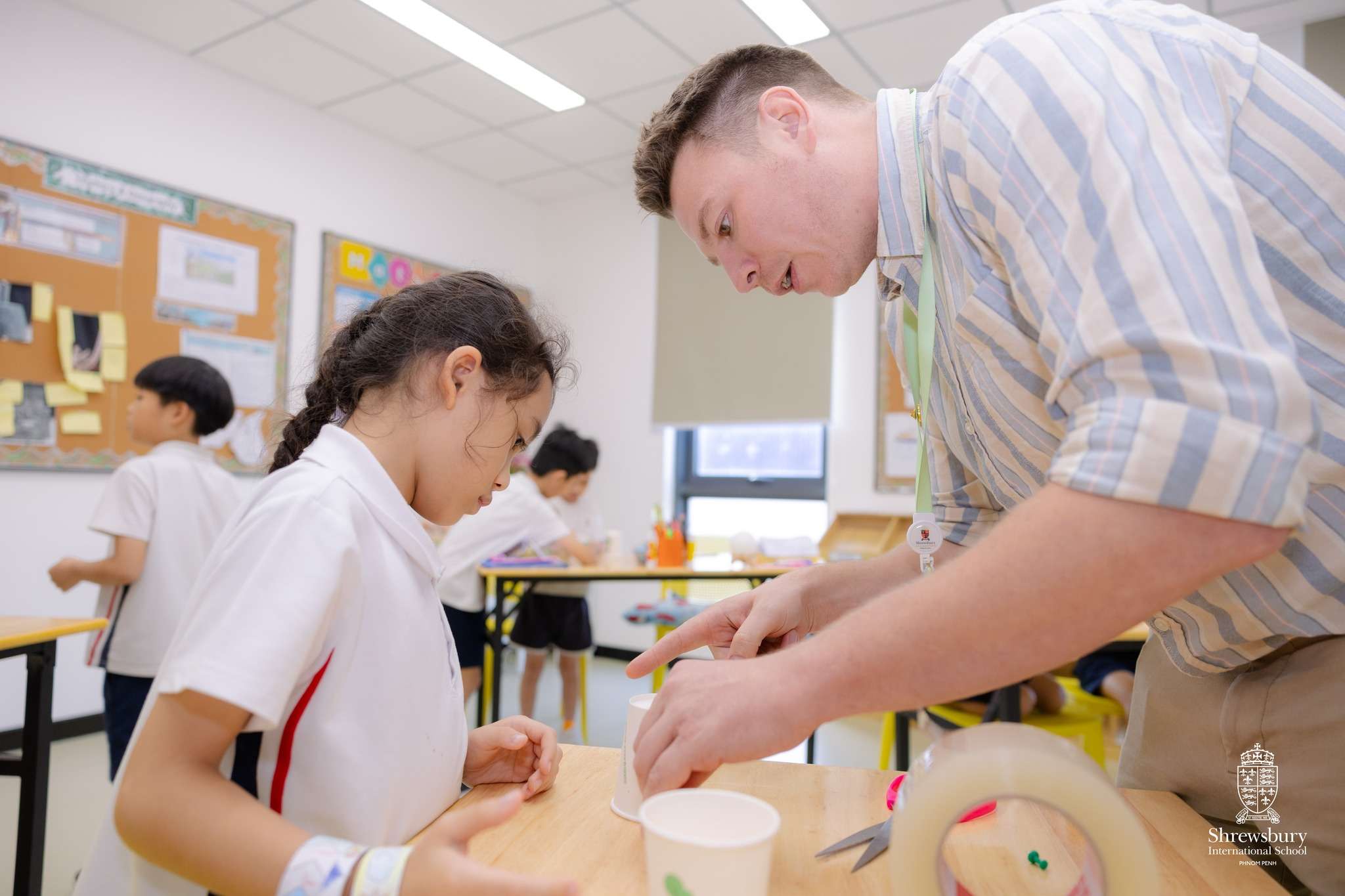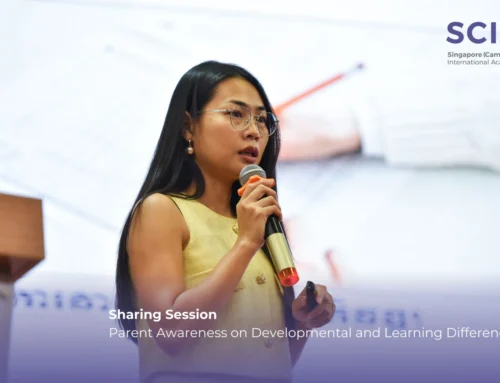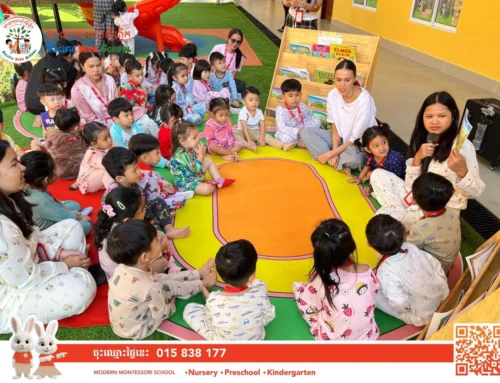In today’s dynamic education landscape, schools that prioritize discovery, inquiry, and real-world learning are preparing students for a future where problem-solving and creativity matter more than ever. At Shrewsbury International School Phnom Penh, this spirit of exploration is clearly reflected in their recent hands-on geography activity, where young learners designed and tested their own anemometers to measure wind speed. This meaningful and practical experience highlights the school’s commitment to nurturing curious thinkers who learn by doing.
From the classroom to the outdoor environment, Shrewsbury’s approach emphasizes that science comes alive when children participate actively. As students engage with weather tools, test predictions, and observe real results, they develop a deeper understanding of how the world works. Activities like building anemometers are more than just science projects—they are opportunities to build confidence, encourage curiosity, and strengthen foundational skills that support academic growth across subjects.
Building Scientific Curiosity Through Practical Learning
The target keyword Shrewsbury International School Phnom Penh serves as a reminder of how strongly the school prioritizes interactive learning experiences. Within the first moments of the activity, students moved beyond theory and into practical problem-solving. Constructing anemometers required them to follow steps, test designs, and revise their work—mirroring the scientific method used by real scientists.
This approach helps young learners see science as something tangible. Instead of memorising definitions, they measure wind speed, compare results, and make sense of natural phenomena. For many children, these real-world connections become the spark that ignites a long-term interest in STEM subjects.
Developing Confidence and Teamwork
Hands-on science fosters more than knowledge—it builds essential soft skills. During the activity, students collaborated with classmates, shared materials, and discussed their ideas. Learning becomes more meaningful when it happens alongside peers, especially in an environment that values communication and teamwork.
Shrewsbury International School Phnom Penh encourages every student to voice their ideas, test their theories, and learn from both success and mistakes. This mindset empowers children to take ownership of their learning, strengthening independence and resilience. As they test their anemometers outdoors, they also practice patience, critical thinking, and perseverance.
Nurturing a Love of Discovery
One of the strongest messages in Shrewsbury’s learning philosophy is fostering a lifelong love of learning. Weather experiments like this one are designed to encourage students to ask questions, explore, and stay curious. When children see that their ideas have value and their work leads to real outcomes, they become more open to experimenting and discovering on their own.
Whether a student dreams of becoming a scientist, an engineer, or simply wants to understand the world better, opportunities like these shape positive attitudes toward learning. Strong academics paired with meaningful experiences help children grow into confident, innovative thinkers.
A Holistic Learning Environment in Phnom Penh
As part of a broader commitment to whole-child education, Shrewsbury International School Phnom Penh integrates creativity, inquiry, and practical skills in everyday lessons. This balanced approach ensures that students develop academically while also strengthening confidence, curiosity, and real-world awareness.
Families seeking a school that combines rigorous academics with engaging hands-on learning will appreciate how intentionally Shrewsbury designs its curriculum. Activities like the weather experiment represent the kind of enriching experience that helps children see the world through an optimistic and inquisitive lens.
If the information about the school is not accurate or you wish to provide updates, please Contact us
Do you want to register your school? Click Here







